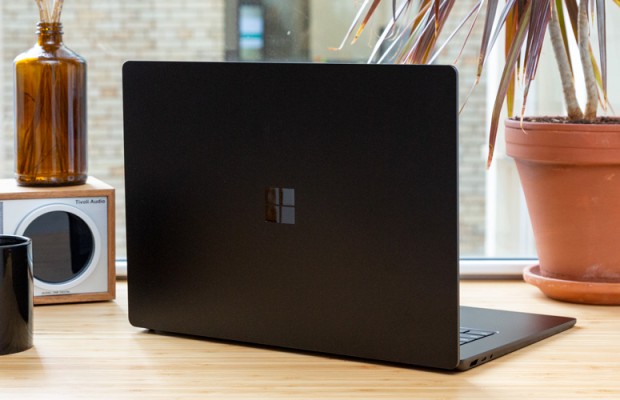Windows 10 Update Causes 'Blue Screen of Death:' What to Do
Microsoft's botched Windows updates have become a running joke without a punchline, and every update creates a series of new problems for Windows 10 users. Most are minor and can be fixed through subsequent updates (which tend to generate even more problems), while others, like the Blue Screen of Death caused by the KB4517389 cumulative update, are devastating.
After multiple reports arose, Microsoft admitted (via Windows Latest) that the KB4517389 update breaks the Windows 10 start menu with a critical error. Windows users O. Berkeley described the problem in a forum post on Microsoft's community board but was simply told that the company is aware of the issue and expects a fix in "late October." Several other users complained that their laptops were getting Blue Screen of Death (BSOD) errors, which indicates a complete system crash, and a cldflt.sys error message after installing the update.
If that wasn't bad enough, the update also appears to break some apps, including Visual Basic 3 and VMware 14. There are even some problems with Microsoft's Edge browser, to add to this nightmare update.
For some background, the KB4517389 patch was released to improve security software and as a fix to another update that caused printer driver errors. Microsoft originally said that the Start Menu issue didn't impact a large number of users and that it would investigate the reports and feedback. There now appears to be light at the end of the tunnel, although it means some users won't be able to use their laptops for a couple more weeks.
How to fix the Blue Screen of Death
Until Microsoft issues a patch (hopefully, this time without even more bugs) at the end of this month, your best bet is to uninstall the KB4517389, if possible. Several users report that this fixes the problem, so it's worth doing, even if it means that you won't have the latest security updates.
You can read our guide (which has some helpful visuals) on how to revert to an older version of Windows 10. The short of it is to go into your "Update and Security" settings and select the "Recovery" sidebar. From there, you'll see an option to go back to an earlier build. Doing so should solve all the problems caused by Microsoft's latest failed Windows update.
Sign up to receive The Snapshot, a free special dispatch from Laptop Mag, in your inbox.
Phillip Tracy is the assistant managing editor at Laptop Mag where he reviews laptops, phones and other gadgets while covering the latest industry news. After graduating with a journalism degree from the University of Texas at Austin, Phillip became a tech reporter at the Daily Dot. There, he wrote reviews for a range of gadgets and covered everything from social media trends to cybersecurity. Prior to that, he wrote for RCR Wireless News covering 5G and IoT. When he's not tinkering with devices, you can find Phillip playing video games, reading, traveling or watching soccer.


